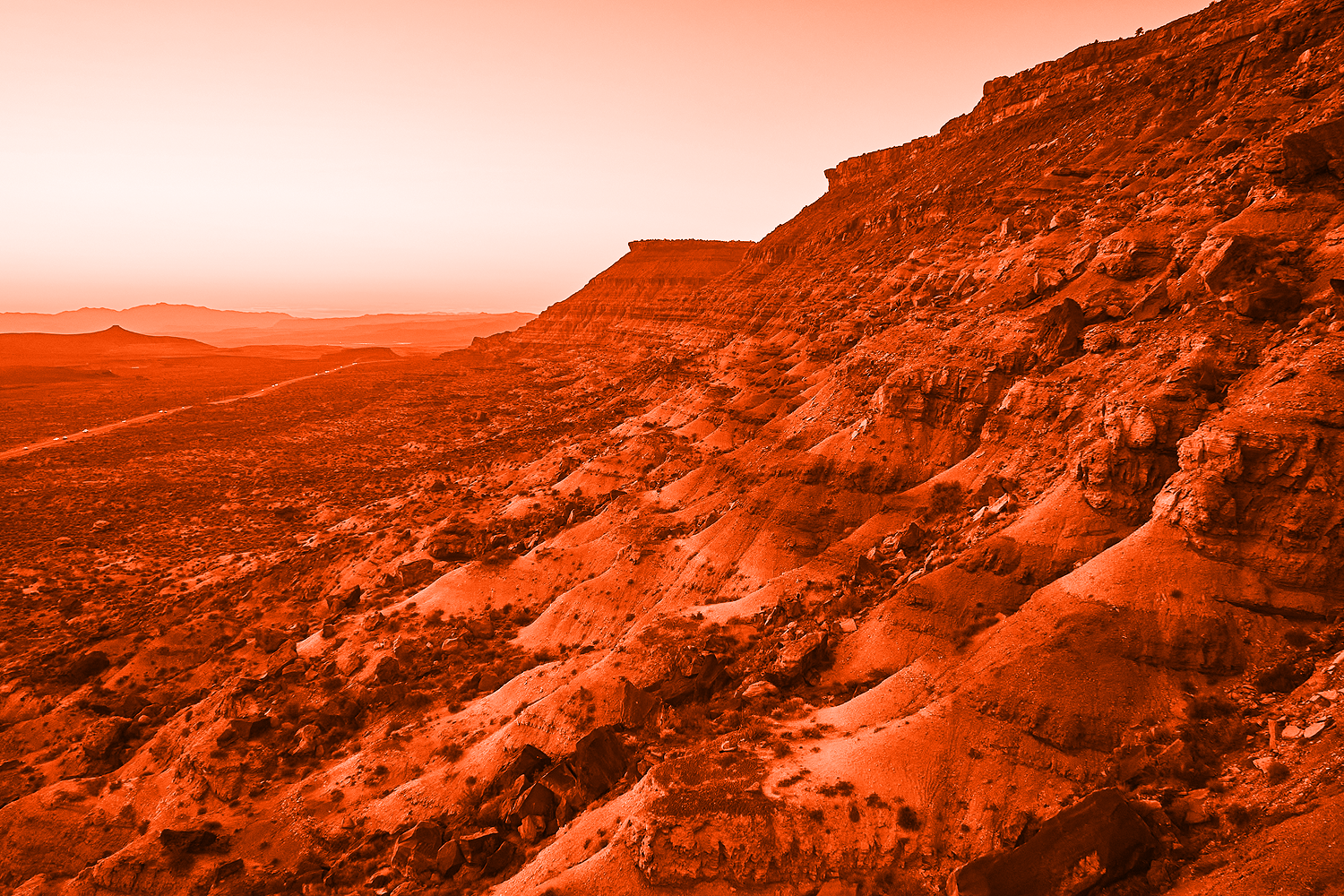Tucked inside the Trump administration’s One Big Beautiful Bill Act is a proposal that could drastically change public lands in America. Introduced last week by Senator Mike Lee (R-Utah), it could lead to the sale of as much as three million acres of the public lands currently owned by the Bureau of Land Management (BLM) and the U.S. Forest Service. The measure would require federal agencies to sell a small percentage of the hundreds of millions of acres they manage, potentially raising as much as $10 billion over nine years.
Lee’s proposal echoes a similar attempt in the House this spring to sell off 500,000 acres of public lands in Utah and Nevada––a plan that was ultimately blocked after public outcry and bipartisan pushback. More than 100 environmental groups have already signed a letter urging the Senate to reject the plan, worried that members of Congress, the fossil fuel industry, and private developers are using the budget process as a cover-up to liquidate federal lands and pay for tax cuts benefiting only the ultra-wealthy.
Here is what those on the front lines are saying about this proposal—and how we can take action to protect public lands.
The housing shortage smokescreen
Beyond facilitating Trump’s tax cuts, Lee argues that selling off federal land would ease housing shortages in the West. But the number of homes that could be safely built on sold-off public lands is small, especially given wildfire risk and infrastructure challenges, according to Michelle Lute, Executive Director of Wildlife For All. “Land isn’t the bottleneck—shortages in construction labor, water, infrastructure, and financing, especially in rural areas, are the real barriers,” she says. “Housing is complicated, and selling off public lands won’t fix it.”
There’s also nothing in the bill text that would guarantee the consideration of affordability when selling public lands for housing, adds Tim D. Peterson, Cultural Landscapes Director at Grand Canyon Trust. “This could be a classic bait and switch,” he says. “Though the proposed bill would give priority consideration to sell public lands near communities and infrastructure, there’s no actual requirement to do so, opening a huge loophole that would lead to trophy homes in natural areas for the same billionaires that would stand to benefit most from an extension of President Trump’s tax cuts that the sales would fund.”
When it comes to affordable housing, Lute argues that real solutions lie in building within existing communities where water, roads, and services already exist, not sprawling into wildlands that support biodiversity. “Western gateway communities depend on public lands for their economies—whether it’s recreation or guiding,” Lute adds. “Selling these lands undercuts local livelihoods and won’t solve the housing crisis.”
The threat to biodiversity
If the One Big Beautiful Bill Act goes through, Americans will lose access to millions of public acres: sites of recreational activities like camping, hunting, fishing, birdwatching, hiking, and exploring. The threats to wildlife and our ability to curb climate change, however, are also huge, says Michael Carroll, BLM Campaigns Director The Wilderness Society.
With more environmental degradation and pollution from development and smaller agency staff comes an increased risk of wildfire, he warns. A land sell-off could also lead to more habitat fragmentation—aka, the division of a large swath of habitat into smaller chunks. “This could sever habitat connectivity and isolate wildlife populations to smaller and smaller areas,” he says.
Building on public lands also stands to impede their ability to serve as a climate solution. “Opening these lands to more development through selling them off will only increase the carbon that is created by these lands and pave over their ability to serve as a carbon sink,” Carroll explains.
Plus, when public land sales open up, it’s often the worst environmental culprits that come out of the woodwork to scoop them up. “Too often, land sales invite extractive industries like oil and gas exploration or mining. Even lands used for livestock production are frequently subdivided when property values rise or are leased to even more extractive industries once they’re degraded by grazing,” says Lute of Wildlife for All. “These transitions degrade habitat, displace wildlife, and erase already dwindling public access.”
What you can do
The Senate could soon vote on the One Big Beautiful Bill Act, which means the time to act is now. Here’s what you can do to push back.
1. Call or write your senator and tell them not to support the One Big Beautiful Bill Act.
2. Get involved with local conservation organizations and help organize people to defend the idea of shared public land and public access.
3. Contact your local elected officials to speak out in support of public lands and the benefits they bring to your communities.
4. Write letters to the editor of your local paper and post your opposition on social media.
5. Use public lands. Get to know these places and the people who depend upon them, and share your stories widely.

